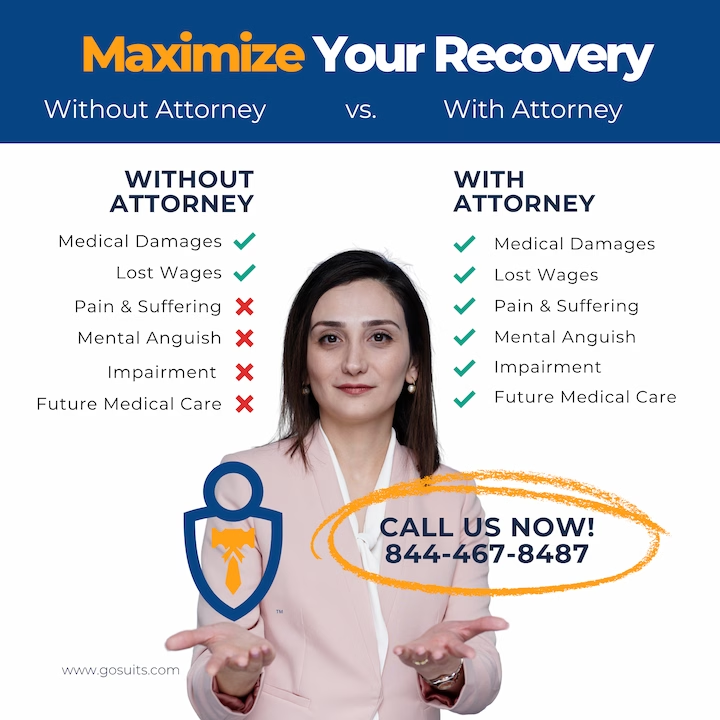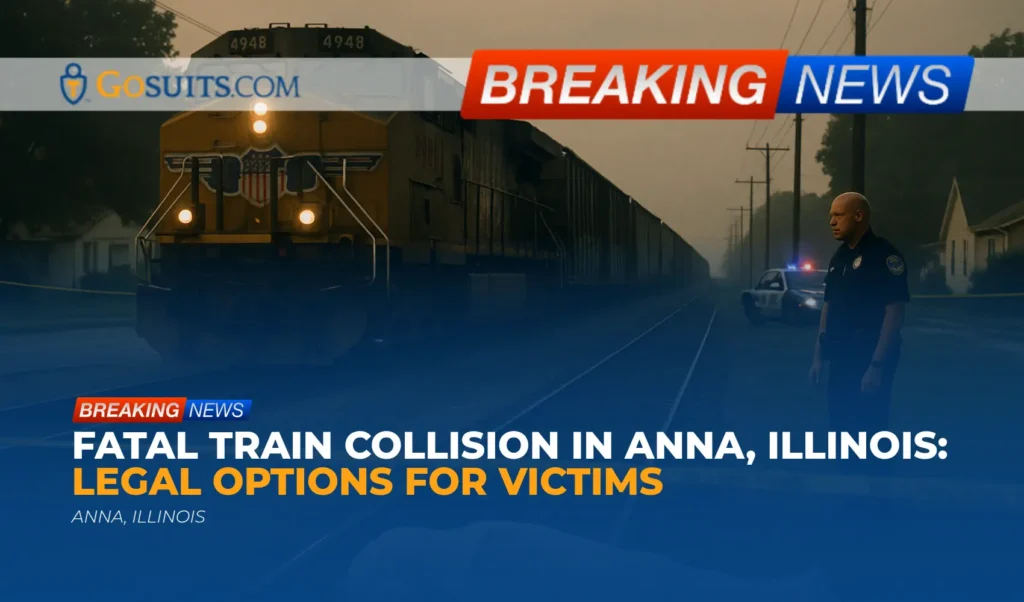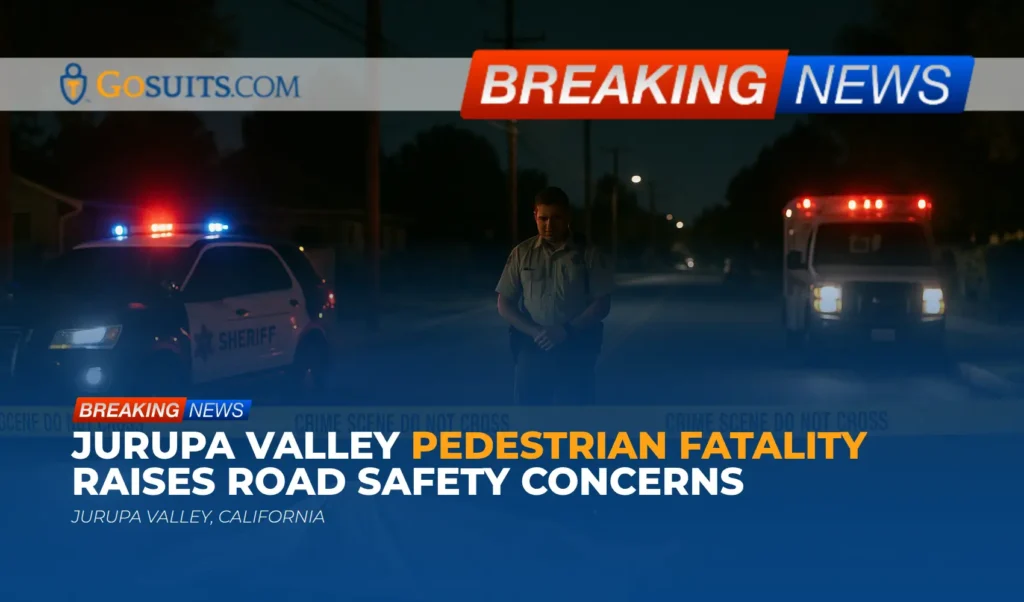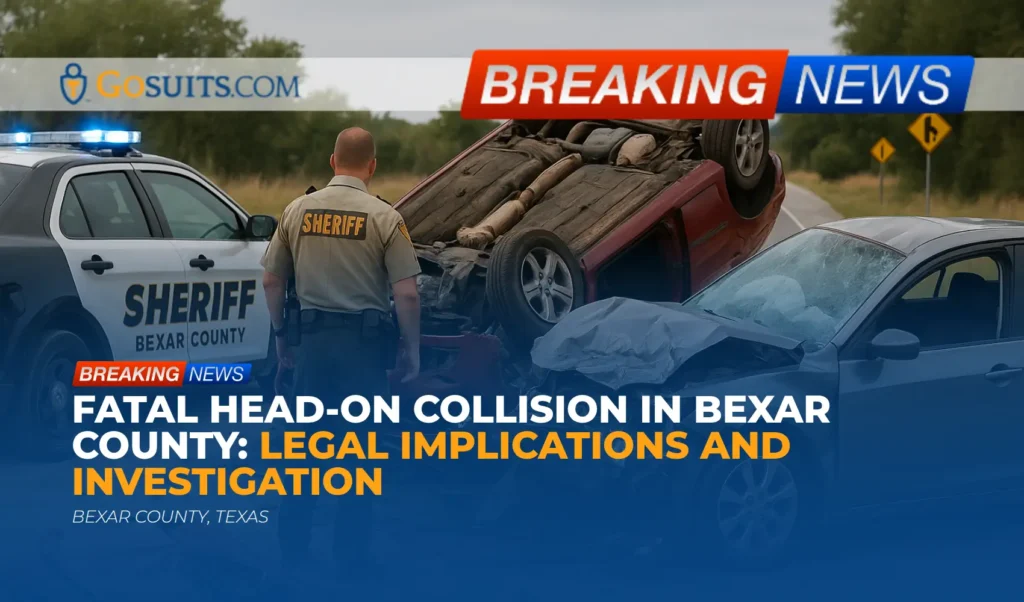Freight Train Collision in Anna, Illinois: Understanding Legal Options for Victims and Families
A tragic incident occurred early Sunday morning in Anna, Illinois, involving a pedestrian and a freight train. According to reports from KFVS, a 27-year-old man, Alan Casey, was fatally struck by a train. The incident, which took place around 4:45 a.m. on July 13, 2025, is under investigation by the Union County Sheriff’s Office and the Union County Coroner’s Office. Coroner Jon Shaffer stated that no autopsy is planned, but a toxicology screening will be conducted.
The accident has led to the closure of railroad crossings at Brady Mill Road and Sadler Road, prompting officials to advise drivers to seek alternate routes. As the investigation continues, it’s crucial to understand the potential legal avenues available to victims and their families in such incidents.
Factors Contributing to Train-Pedestrian Accidents
Train-pedestrian accidents, while relatively infrequent, can result in severe injuries or fatalities. Several factors can contribute to these incidents, including:
- Trespassing: Individuals may be walking on or near railroad tracks without authorization, often unaware of the dangers involved.
- Impaired judgment: Alcohol or drug use can impair judgment and coordination, increasing the risk of accidents near train tracks.
- Distraction: Pedestrians distracted by electronic devices or other factors may not be aware of an approaching train.
- Insufficient warning: Inadequate signage, malfunctioning crossing signals, or a lack of barriers can contribute to accidents.
- Negligence: In some cases, negligence on the part of the railroad company, such as failing to properly maintain tracks or equipment, may play a role.
Legal Considerations in Train-Pedestrian Accidents
When a train-pedestrian accident occurs, a thorough investigation is necessary to determine the cause and identify any liable parties. Several legal concepts may come into play, including:
- Negligence: If the railroad company, train operator, or another party acted negligently, they may be held liable for damages. Negligence occurs when someone fails to exercise reasonable care, resulting in injury to another person.
- Wrongful death: In cases where a pedestrian is killed, their family may be able to pursue a wrongful death claim. This type of claim seeks compensation for the family’s losses, such as funeral expenses, lost income, and emotional distress.
- Trespassing: Railroad companies typically have a duty of care even to trespassers. However, the extent of that duty may be less than the duty owed to someone who is lawfully on the property.
- Comparative negligence: If the pedestrian was partially at fault for the accident, their recovery may be reduced under the principle of comparative negligence. Illinois follows a modified comparative negligence rule, which means that a plaintiff can recover damages only if they are less than 50% at fault.

Investigating the Accident
A comprehensive investigation is essential to determine the circumstances surrounding the accident and identify potential liable parties. This investigation may involve:
- Reviewing police reports and accident records: These documents can provide valuable information about the accident scene, witness statements, and the sequence of events.
- Inspecting the train and tracks: A thorough inspection can help identify any mechanical failures or maintenance issues that may have contributed to the accident.
- Interviewing witnesses: Witness statements can provide crucial insights into the events leading up to the accident.
- Analyzing toxicology reports: Toxicology screenings can determine if alcohol or drugs were a factor in the accident.
- Examining train event recorders (black boxes): These devices record data such as speed, braking, and signal activity, which can help reconstruct the accident.
Potential Liable Parties
Depending on the circumstances, several parties may be liable for a train-pedestrian accident, including:
- The railroad company: Railroad companies have a duty to maintain safe tracks and equipment, properly train their employees, and operate their trains safely.
- The train operator: Train operators must exercise reasonable care to avoid accidents, including following safety procedures and maintaining a proper lookout.
- Equipment manufacturers: If a defective piece of equipment contributed to the accident, the manufacturer may be liable.
- Third parties: In some cases, third parties, such as contractors or maintenance companies, may be liable if their negligence contributed to the accident.

Seeking Legal Assistance
If you or a loved one has been involved in a train-pedestrian accident, it’s essential to seek legal assistance from a skilled personal injury attorney. An attorney can:
- Investigate the accident: An attorney can conduct a thorough investigation to gather evidence and identify all liable parties.
- Evaluate your legal options: An attorney can assess the facts of your case and advise you on your legal options.
- Negotiate with insurance companies: Insurance companies may try to minimize payouts in train accident cases. An attorney can negotiate on your behalf to ensure you receive fair compensation.
- File a lawsuit: If a fair settlement cannot be reached, an attorney can file a lawsuit and represent you in court.
- Help you understand your rights: An attorney can explain your rights and guide you through the legal process.
Commentary from Gosuits Anna, Illinois Personal Injury Attorney
Train accidents involving pedestrians are complex events that require careful investigation and a comprehensive understanding of the law. The aftermath of such a tragedy can be overwhelming, and families often grapple with not only the emotional toll but also the significant financial burdens that can arise. In these situations, it is crucial to consult with a seasoned personal injury attorney who can navigate the intricacies of railroad liability and advocate for the rights of the victim and their loved ones. An attorney can assess the circumstances surrounding the accident, gather crucial evidence, and build a strong case to pursue the compensation deserved. This compensation can help cover medical expenses, lost income, funeral costs, and other damages resulting from the accident. Seeking legal counsel early in the process can provide families with peace of mind and allow them to focus on healing while their attorney works diligently to secure their future.





